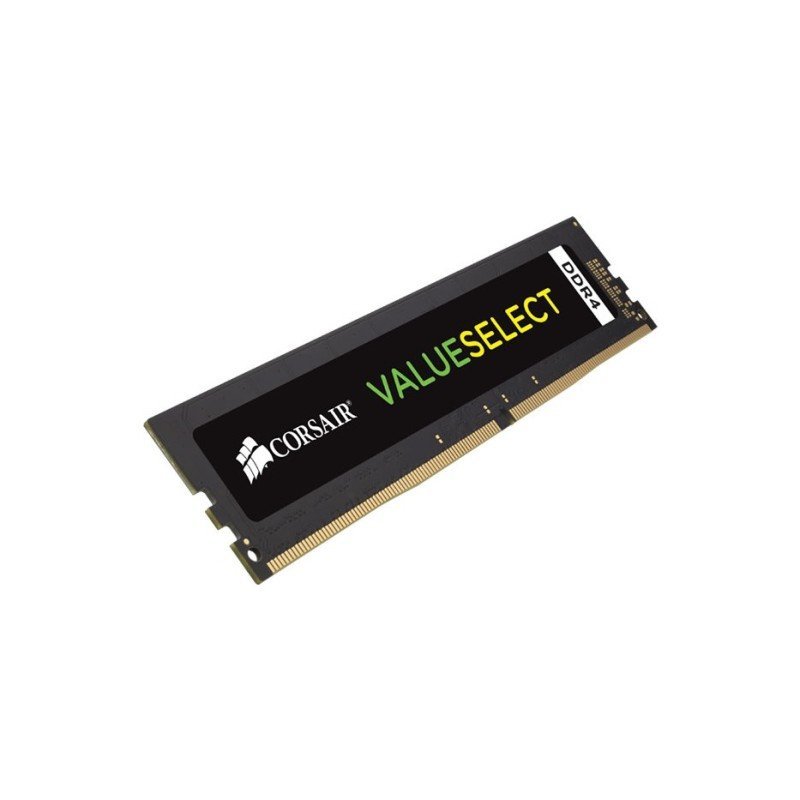RAM and Speed – Is it simple?
I read a report in a newspaper this week that stated ‘PC running slow. Avoid an expensive new one or a professional repair and just buy some more RAM’. This was pointed out to me by a member of my family and they asked how true it was. Well the simple fact is more RAM doesn’t mean a faster PC.
Let’s look at this in some more detail.
Firstly, it is well known that a PC will only run as fast as its slowest part. You could have the fastest PC on the planet but if your internet speed is only 56kbps then it will download just as slowly as it would on a cheap 2nd hand PC from eBay connected to the same line.
RAM is basically the space on a computer where its current running applications are stored. It is much like our brain space. You can put a thought into short term storage before you go back to it. The more RAM you have the more can be run before it falls over and crashes. Basically, it’s the same as when your brain is so full of thoughts that it gets stuck and you can’t think of anything else.

The processor of the PC is the component that does all the hard work by running calculations. In humans its basically conscious thought. It’s working on whatever you’re thinking about or doing right now. Every so often you dip into your stored thoughts which may be relevant to what you’re doing or might not be. The same way the processor grabs and returns bits from the RAM.
Your PC will also have a hard drive that stores programs and files when they are not being used. This is the equivalent of our long-term storage. The information is in there somewhere you just need to search for it and recall it.
So how does all this affect speed?
Well the RAM is very fast and the more you have the more your PC can do before it crashes. The processor does all the thinking and calculations and the more power it has generally the faster it is. There is more to it than that but I’ll save that for another article. Finally, there is the hard drive. This has a massive amount of storage space but is very slow.
Each component should be equally matched. For example, if you have a processor that works at 2Ghz with 8GB of RAM and a 1TB hard drive that spins at 5400RPM upgrading the RAM to 16GB will not give you a notable speed increase.
If you have a 2Ghz processor 8GB of RAM and a 1TB drive that spins at 7200RPM you will have a little speed increase.
Now if you swap out that hard drive for a SSD (Solid State Drive) you will get an incredible speed difference. Your PC may go from turning on to the login screen in 20 seconds rather than 2 minutes.
Does RAM mean more speed?
Well in simple terms no. If you want a faster PC you should look at which resource is the slowest and then replace that with a faster version. You must make sure that the component is compatible. You cannot put DDR3 RAM into a DDR2 slot and expect it to work.
If you have an SSD and a top spec processor such as an Intel i7 Quad Core then yes more RAM may help you out but more RAM doesn’t always mean more speed.
Windows systems must be running a 64-bit version to see more than 4GB of RAM. You should check this before you part with your money and if in doubt give us a call on 01245 806171.
Author: Christopher Mason – Owner of CMIT Consultants
Orginally posted on CMIT Consultants blog 05/02/2018

